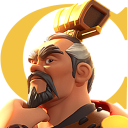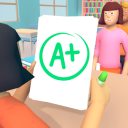God of War (2018) - Familial Themes and Character Growth
Aug-04-2024
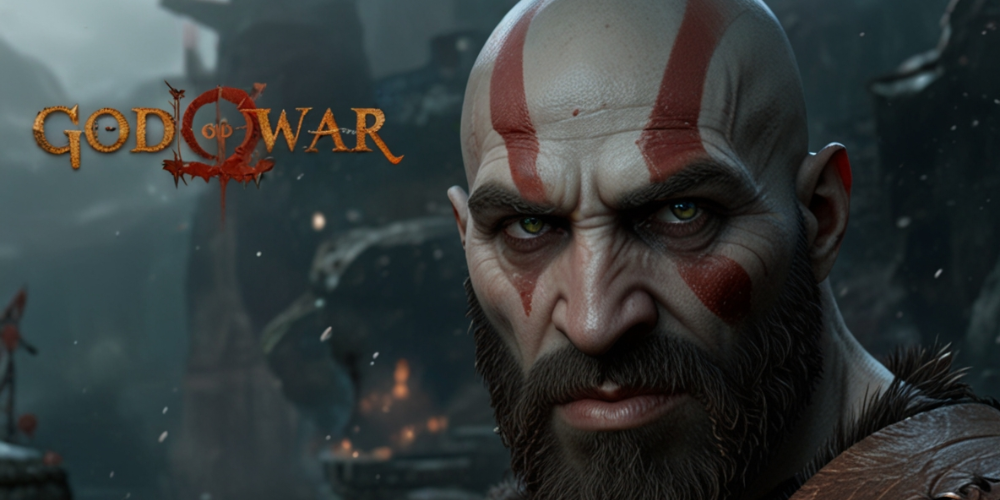
When I first delved into God of War (2018), I anticipated an exhilarating experience filled with epic battles and mythological lore. What I didn’t expect was how deeply the narrative would resonate with me on a personal level, particularly regarding familial themes and character growth. From the outset, the bond between Kratos and his son Atreus lays the foundation for a profound examination of fatherhood and its accompanying intricacies.
The Struggles of Fatherhood
As I navigated through the game, I couldn’t help but feel a connection to Kratos, who, despite his formidable nature, embodies the struggles of parenthood. He portrays a stern and emotionally guarded father, attempting to shield Atreus from the chaos of his past. I found myself reflecting on my own experiences, the challenges I face in balancing discipline with affection. Kratos constantly grapples with the desire to protect while simultaneously trying to prepare his son for the harsh realities of the world around them.
Understanding Atreus
Atreus initially appears to be a naive and impulsive boy who is thrust into a world vastly different from his own sheltered upbringing. As his story unfolds, I began to appreciate the evolution of his character. It is his journey from innocence to understanding that illuminated my understanding of growth. Atreus yearns to prove himself, struggling with feelings of inadequacy. His constant questioning of his worthiness of his father’s approval tugged at my heartstrings, recalling my own battles with self-doubt.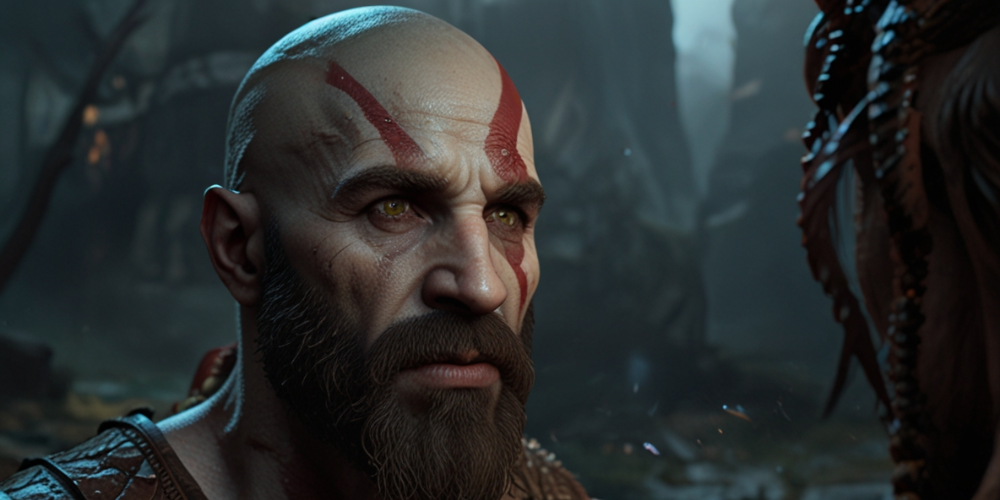
The Weight of Expectations
Throughout the game, I noticed how Kratos embodies the burden of expectations, not only from himself but imposed by his status as a god. His insistence on teaching Atreus the importance of being vigilant resonated deeply with me, reminding me of the pressures we often place on our children. As I witnessed Kratos’s struggle to manage the intensity of his past—a life filled with violence and regret—I began to question how much of my own history I pass down to those around me.
Lessons in Vulnerability
What struck me was Kratos’ eventual willingness to show vulnerability. As he started to open up to Atreus, the dynamic between them shifted dramatically. This change reflected my belief that vulnerability can be a strength rather than a weakness. In our daily lives, we often guard our feelings, but Kratos depicts that true strength comes from owning and sharing our experiences, a lesson I hold dear. Witnessing this development encouraged me to think about my own willingness to be vulnerable in relationships.
The Spirit of Adventure and Collaboration
The adventures that Kratos and Atreus face together act as a powerful backdrop for their growing bond. As they journey through realms filled with mythical creatures and daunting obstacles, I started to see how shared experiences can fortify familial connections. The cooperative gameplay mechanic, where Atreus assists Kratos during battles, symbolizes the importance of teamwork and reliance on one another. This reminded me of the value of forging common paths with those closest to us and navigating our challenges hand-in-hand.
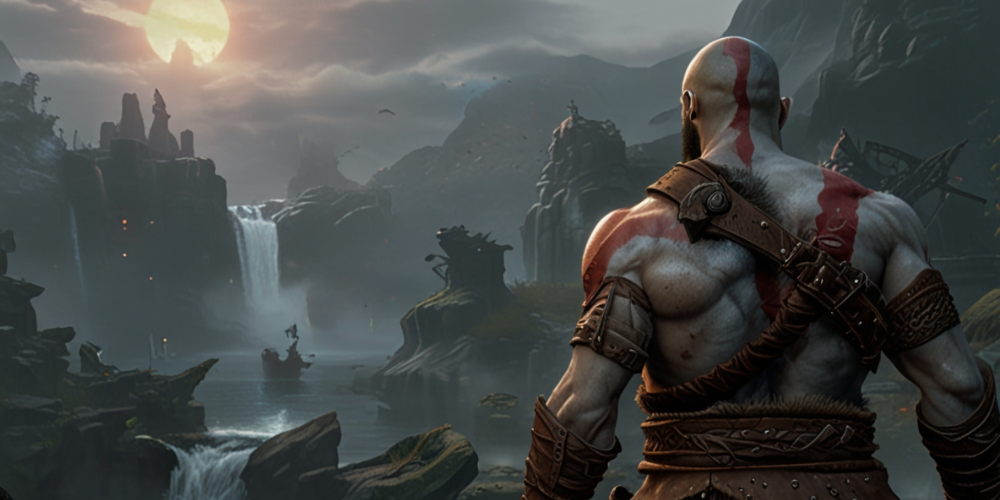
Atreus’s Identity Crisis
Atreus's grappling with his identity and his heritage was another poignant theme I connected with. As he uncovers more about his lineage, I found myself reflecting on the influence of ancestry on one’s self-perception. Atreus’s journey of self-discovery elevates the narrative, illustrating that understanding one’s roots is crucial for personal growth. His struggles resonated with the universal quest for understanding who we are and where we come from.
The Duality of Kratos’ Nature
As I played, I became increasingly intrigued by the duality of Kratos’ character. He is both a fierce warrior and a tender father. This dichotomy challenges the traditional representations of masculinity that we often encounter. Kratos embodies the notion that men can be nurturing without sacrificing strength, presenting a holistic view of fatherhood that resonates on many levels. I found this portrayal refreshing and encouraging as it opens up avenues for discussing emotional expression in our lives.
Growth Through Conflict
The conflicts between Kratos and Atreus act as catalysts for their individual growth. Each confrontation exposes underlying fears and misunderstandings that they must navigate. I often found myself empathizing with both characters, recognizing the complexities of their emotions as they navigated their relationship. Their struggles felt authentic; it reminded me that conflict isn’t inherently detrimental but can lead to profound development and understanding.
The Love and Bond Between Father and Son
As my journey through the game progressed, the love that developed between Kratos and Atreus illustrated the strength of familial bonds. Their relationship epitomizes resilience, as they faced adversity together and learned from their mistakes. I often think about how relationships evolve when fueled by love, patience, and understanding, much like Kratos’ initial distance melted away to reveal a deeper emotional connection with Atreus.
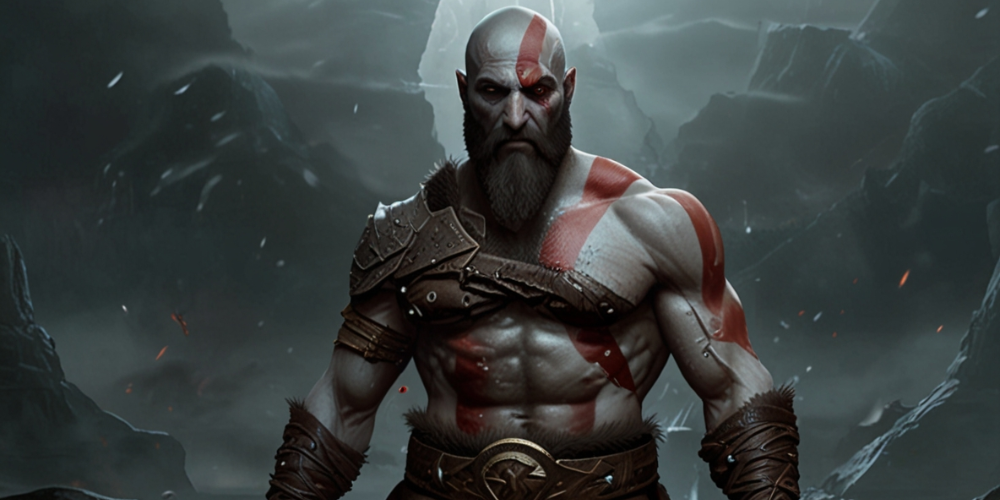
Symbolism of the Journey
The overarching journey they embark on serves as a metaphor for life’s challenges in parenthood. The trials they face together mirror the emotional landscapes we traverse. I felt a deeper introspection regarding the paths we choose and the relationships we cultivate amid chaos. The game illustrated well how the journey isn’t simply about the destination but rather the lessons learned and the bonds strengthened along the way.
Facing Mortality Together
One of the most poignant aspects of God of War deals with mortality—the inevitability of loss and the awareness of life’s ephemeral nature. As Kratos prepares Atreus for the realities of loss, I was struck by the inflammatory discussion surrounding legacy. How do we prepare our loved ones for the day we might not be there? This delicate topic unfolded beautifully in the game, imparting wisdom that resonated in my own relationships. It gave me pause to consider what I want my legacy to be.
The Power of Forgiveness
Throughout the story, forgiveness emerges as a vital theme. Kratos’ journey signifies the importance of reconciling one’s past to foster healthier relationships in the present. As I watched Kratos grapple with his own decisions and ultimately confront his past, it encouraged me to reflect on the necessity of forgiveness in our lives. Whether forgiving ourselves for past mistakes or seeking reconciliation with those we’ve wronged, such acts are pivotal for emotional growth.
.png)
Transformation in Adversity
The trials Kratos and Atreus encounter did not only serve as physical obstacles but as metaphors for their internal struggles. Each enemy faced represents a fear or trauma in their lives, and overcoming these not only signifies victory in battle but the transformation of their characters. I saw this as a reflection of how we often confront our own demons, emerging stronger having faced our fears head-on.
Nurturing Empathy and Understanding
As the game comes to its conclusion, the nurturing of empathy becomes increasingly evident in Kratos and Atreus’ relationship. They learn to understand each other’s fears, concerns, and emotions. This realization inspired me to foster more significant empathy in my interactions. The characters’ evolution sparked a thought process about how imperative it is to foster understanding and patience within our relationships.
A Lasting Legacy of Connection
Ultimately, God of War is more than just a narrative of myth and monster-slaying; it’s a heartfelt exploration of familial bonds, emotional growth, and the enduring connection between a father and son. By immersing myself in this emotionally charged journey, I’ve come to appreciate the invaluable lessons about compassion, vulnerability, and the complex nature of relationships. Each moment contributed to the realization that no matter the struggles we face, love and understanding can endure beyond our most arduous trials.



